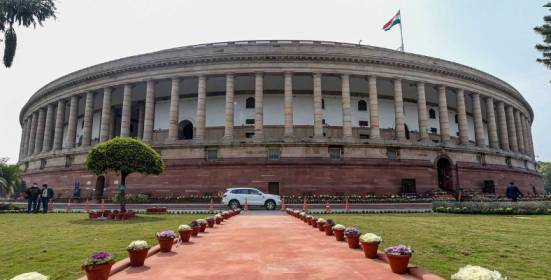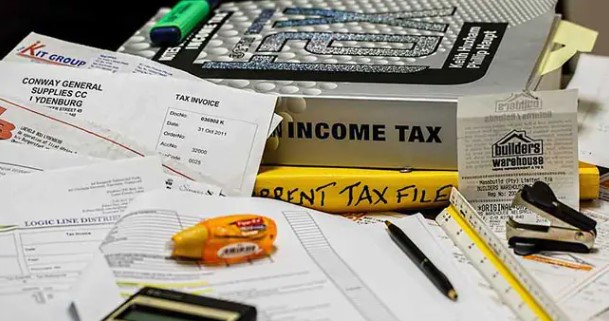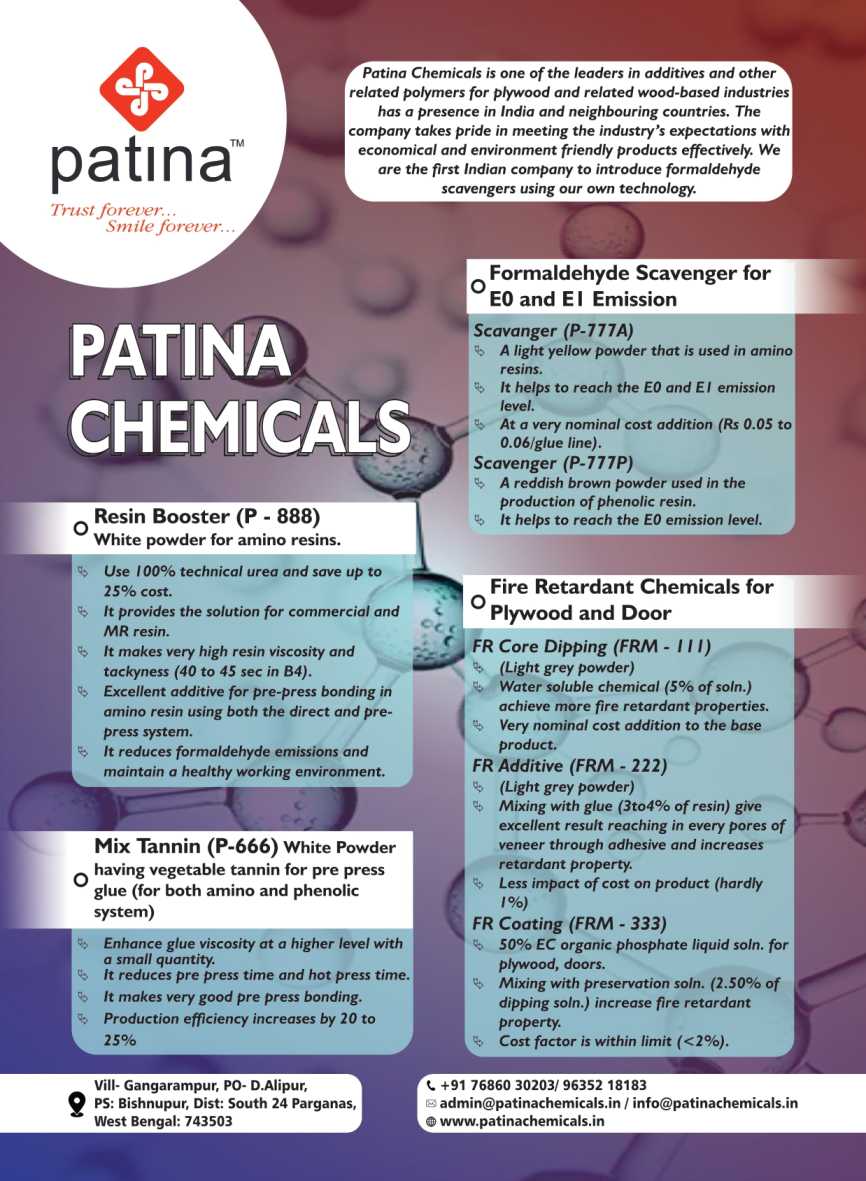
The Public Confidence Bill is a bill aimed at decriminalizing offenses
- September 13, 2023
- 0
The Lok Sabha has passed the Public Confidence (Amendment) Bill 2023. Its aim is to decriminalize laws related to minor economic offenses, create a business-friendly environment by making compliance easier for individuals and industries, and reduce the burden of enforcement.
The bill, prepared by the Department for Promotion of Industry and Internal Trade (DPIIT) under the Ministry of Commerce and Industry, proposes amendments to 183 provisions of 42 laws falling under the purview of 19 government ministries. The existing laws currently include provisions for both small fines and imprisonment for procedural errors and minor offenses, leading to lack of confidence and fear among individuals and businesses.
The intention of these amendments is to shift the focus away from imprisonment, minimize fines for minor offenses, and maintain or increase fines and penalties when necessary, replacing jail sentences with financial penalties.
In addition to the decriminalization of minor offenses, the bill also envisages rationalization of monetary penalties. It proposes a 10% increase in the minimum amount of fine and penalty levied, after every three years of enactment of the Act.
Nearly 40,000 provisions and processes that caused inconvenience to people have been simplified or eliminated over the past 9 years.
The proposed amendments in these laws include:
- Indian Post Office Act, 1898
- Boilers Act, 1923
- Agricultural Produce (Grading and Marking) Act, 1937
- Public Debts Act, 1944
- Pharmacy Act, 1948
- Environment (Protection) Act, 1986
It has been the endeavor of the government to achieve the principle of ‘minimum government, maximum governance,’ redefining the regulatory landscape of the country under the ease of living and ease of doing business reforms.
A working group have been set up for decriminalization of legislations comprising industry associations, legal professionals, law experts, and officials of seven departments and ministries. Officials of the Central Pollution Control Board and National Bank for Agriculture and Rural Development’, among others, are also part of the group.
































































